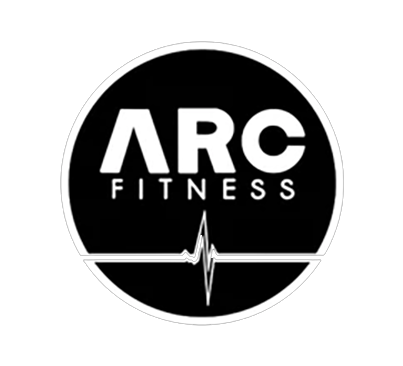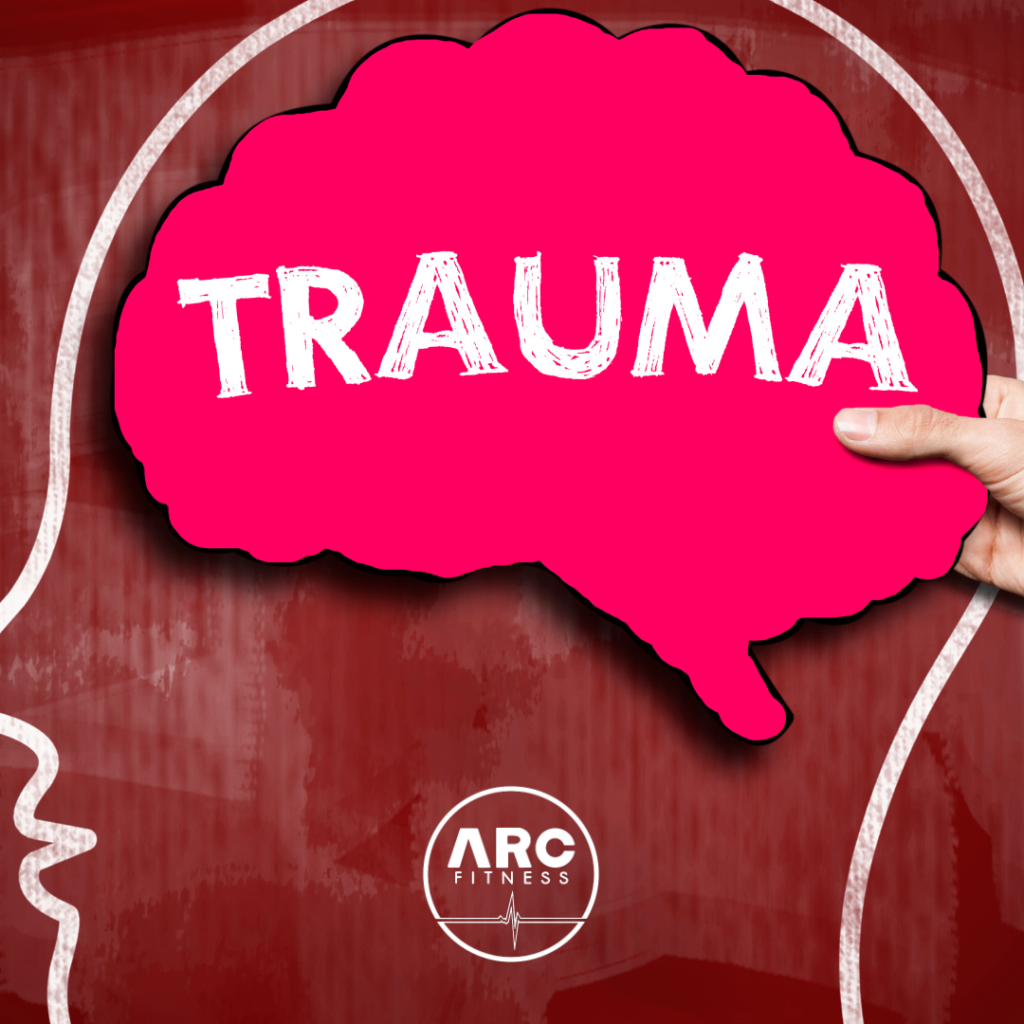No products in the basket.
Arc Fitness
The Connection Between Trauma and Addiction
Introduction
Addiction is a complex condition that affects millions of people worldwide. It can manifest in various forms, such as substance abuse, gambling, or even excessive shopping. While addiction has multiple contributing factors, one significant aspect often overlooked is the connection between trauma and addiction. Trauma, whether experienced in the form of physical, emotional, or psychological distress, can have a profound impact on an individual’s mental and emotional well-being. This article explores the link between trauma and addiction, highlighting how traumatic experiences can lead individuals to addiction.
Understanding Trauma
Trauma refers to an emotional response triggered by an extremely distressing or disturbing event. It can encompass a range of experiences, including but not limited to physical abuse, sexual assault, natural disasters, or the loss of a loved one. The effects of trauma can be long-lasting and vary from person to person. Some individuals may experience symptoms such as flashbacks, nightmares, hypervigilance, or emotional numbing. These symptoms can significantly impact their ability to function and lead a fulfilling life.
Addiction and Its Causes
Addiction is a condition characterized by compulsive and uncontrollable substance use or engagement in certain behaviours. It is often driven by a combination of genetic, environmental, and psychological factors. While some individuals may be more predisposed to addiction due to their genetic makeup, environmental factors such as childhood trauma or a history of abuse can contribute significantly to its development. Traumatic experiences can create a void or deep emotional pain that individuals may attempt to fill or numb through addictive substances or behaviours.
The Link Between Trauma and Addiction
The connection between trauma and addiction lies in the coping mechanisms individuals adopt to manage their traumatic experiences. Trauma can be overwhelming, and in an attempt to find relief, individuals may turn to substances or addictive behaviours as a form of self-medication. Drugs or addictive behaviours provide temporary relief from emotional pain or distress, creating a cycle where individuals rely on these substances or behaviours to cope. Moreover, trauma is often associated with the development of mental health disorders, such as anxiety, depression, or post-traumatic stress disorder (PTSD), which further increase the vulnerability to addiction.
Common Types of Trauma-Related Addictions
Trauma-related addictions can take various forms. Substance abuse and addiction are among the most prevalent. Individuals may turn to drugs or alcohol as a means to escape the pain and distress caused by trauma. The temporary relief they experience from substance use can lead to a destructive cycle of addiction. Additionally, process addictions, such as gambling, sex, shopping, or even excessive work, can develop as individuals seek ways to numb their emotions or regain a sense of control. These addictive behaviours serve as distractions from the underlying trauma but can further exacerbate the problems they are trying to cope with. In some cases, individuals may also experience co-occurring disorders, where addiction and mental health disorders coexist, making the treatment process more complex.
Treating Trauma and Addiction
Addressing both trauma and addiction simultaneously is crucial for effective treatment and long-term recovery. Integrated treatment approaches that consider the interconnected nature of trauma and addiction are often employed. This involves a comprehensive assessment of an individual’s history, including trauma experiences and addiction patterns. Trauma-informed care is essential in creating a safe and supportive environment for individuals to heal. Evidence-based therapies, such as cognitive-behavioural therapy (CBT), eye movement desensitization and reprocessing (EMDR), and dialectical behaviour therapy (DBT), are commonly used to address trauma-related addiction. These therapies aim to help individuals process their traumatic experiences, develop healthier coping strategies, and manage cravings and triggers associated with addiction.
Overcoming Trauma and Addiction
Recovery from trauma and addiction is possible with the right support and resources. Building resilience and learning effective coping skills are crucial aspects of the healing process. Individuals can benefit from developing healthy outlets for emotional expressions, such as engaging in creative activities, practising mindfulness or meditation, or participating in support groups. Establishing a strong support network is also vital. Connecting with understanding and empathetic individuals who have experienced similar challenges can provide a sense of validation and encouragement. Seeking professional help from therapists or counsellors specializing in trauma and addiction is highly recommended. They can provide guidance, personalized treatment plans, and ongoing support to facilitate the recovery journey.
Conclusion
The connection between trauma and addiction underscores the profound impact of traumatic experiences on an individual’s vulnerability to addiction. Trauma can create emotional wounds that individuals may attempt to soothe through addictive substances or behaviours. Understanding this link is crucial in developing effective treatment approaches that address both trauma and addiction simultaneously. With comprehensive and integrated care, individuals can heal from their traumatic experiences, overcome addiction, and reclaim their lives.
FAQs
- Can trauma cause addiction?
- Trauma can contribute to the development of addiction as individuals may turn to addictive substances or behaviours to cope with the emotional pain or distress caused by trauma.
- What are some common signs of trauma-related addiction?
- Common signs of trauma-related addiction include compulsive substance use, risky behaviours, using substances to cope with emotional distress, and experiencing cravings and withdrawal symptoms.
- Is it possible to recover from trauma and addiction?
- Yes, it is possible to recover from trauma and addiction with the right support, treatment, and resources. Seeking professional help and engaging in comprehensive treatment approaches can greatly increase the chances of successful recovery.
- How long does treatment for trauma and addiction typically take?
- The duration of treatment for trauma and addiction can vary depending on individual circumstances. It can range from several months to years, as each person’s healing journey is unique.
- Are there any alternative therapies available for trauma and addiction treatment?
- Yes, alternative therapies such as art therapy, equine therapy, and mindfulness-based practices can complement traditional therapies in trauma and addiction treatment. These therapies focus on engaging individuals in creative and experiential processes to promote healing, self-expression, and self-awareness.
In conclusion, the connection between trauma and addiction is undeniable. Traumatic experiences can significantly impact individuals, leading them to seek solace or relief through addictive substances or behaviors. It is important to acknowledge and address both trauma and addiction simultaneously for effective treatment and long-term recovery. With a comprehensive and integrated approach, individuals can heal from their traumatic experiences, develop healthier coping mechanisms, and break free from the cycle of addiction. Remember, recovery is possible, and seeking support is the first step towards a brighter future.

